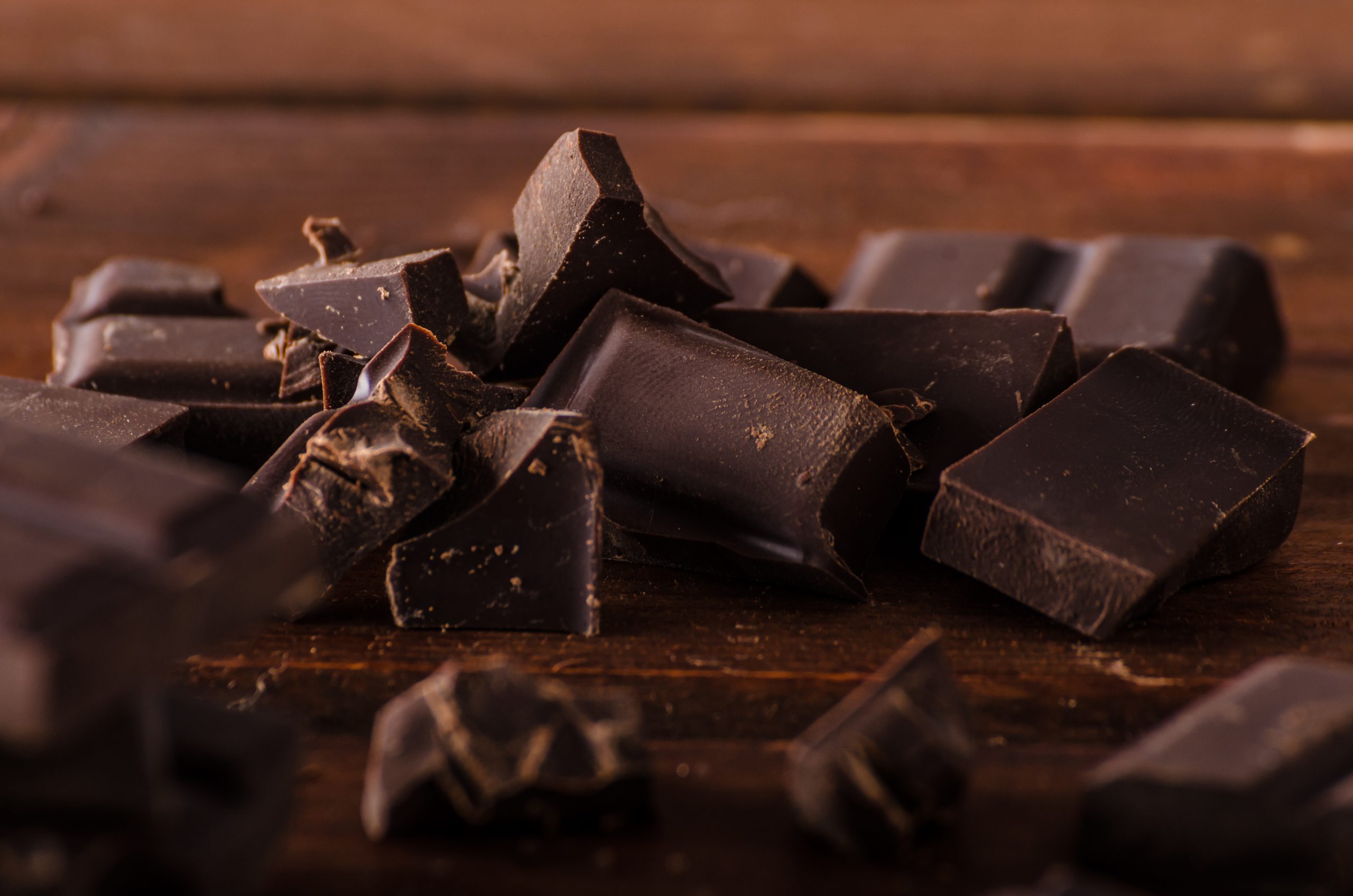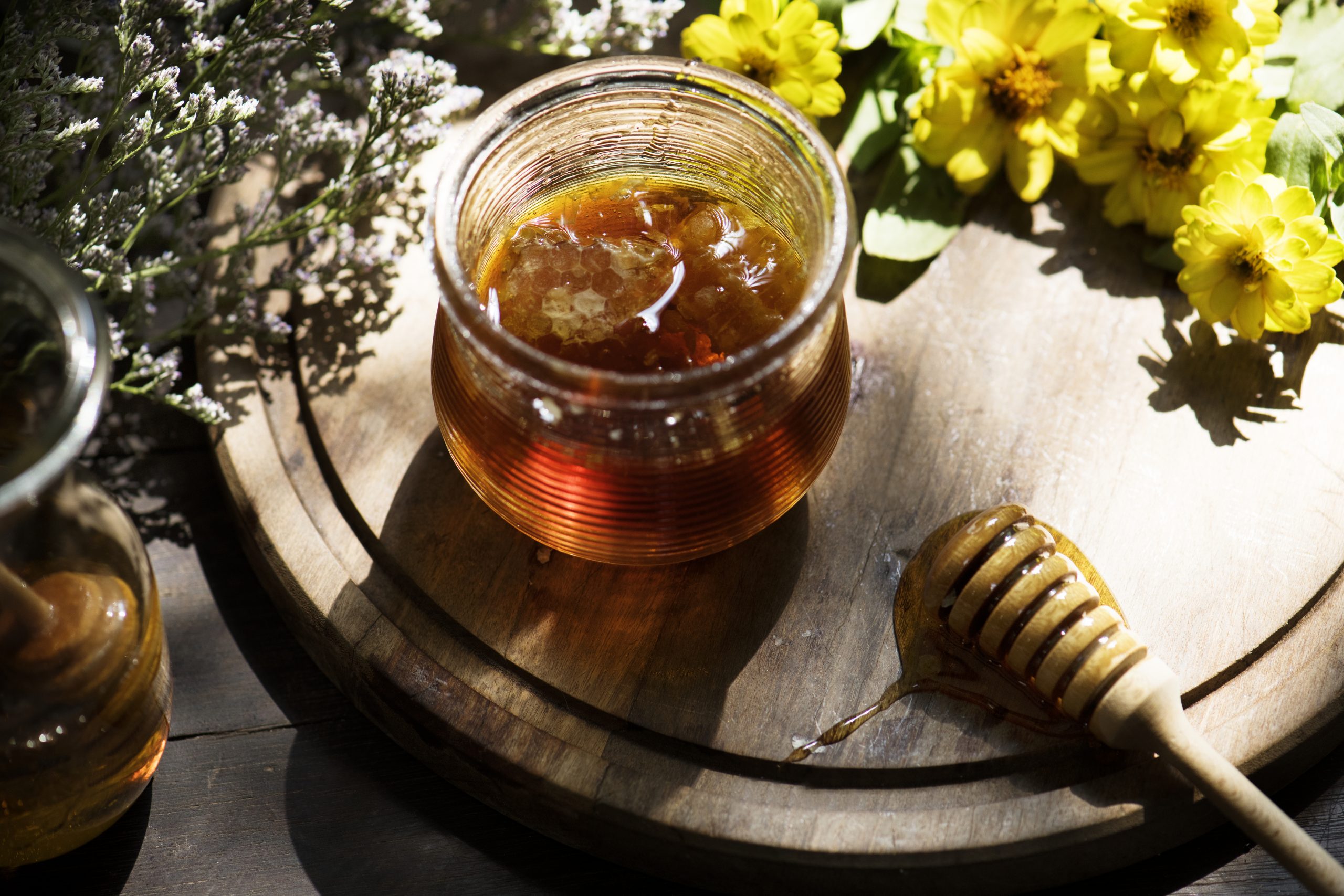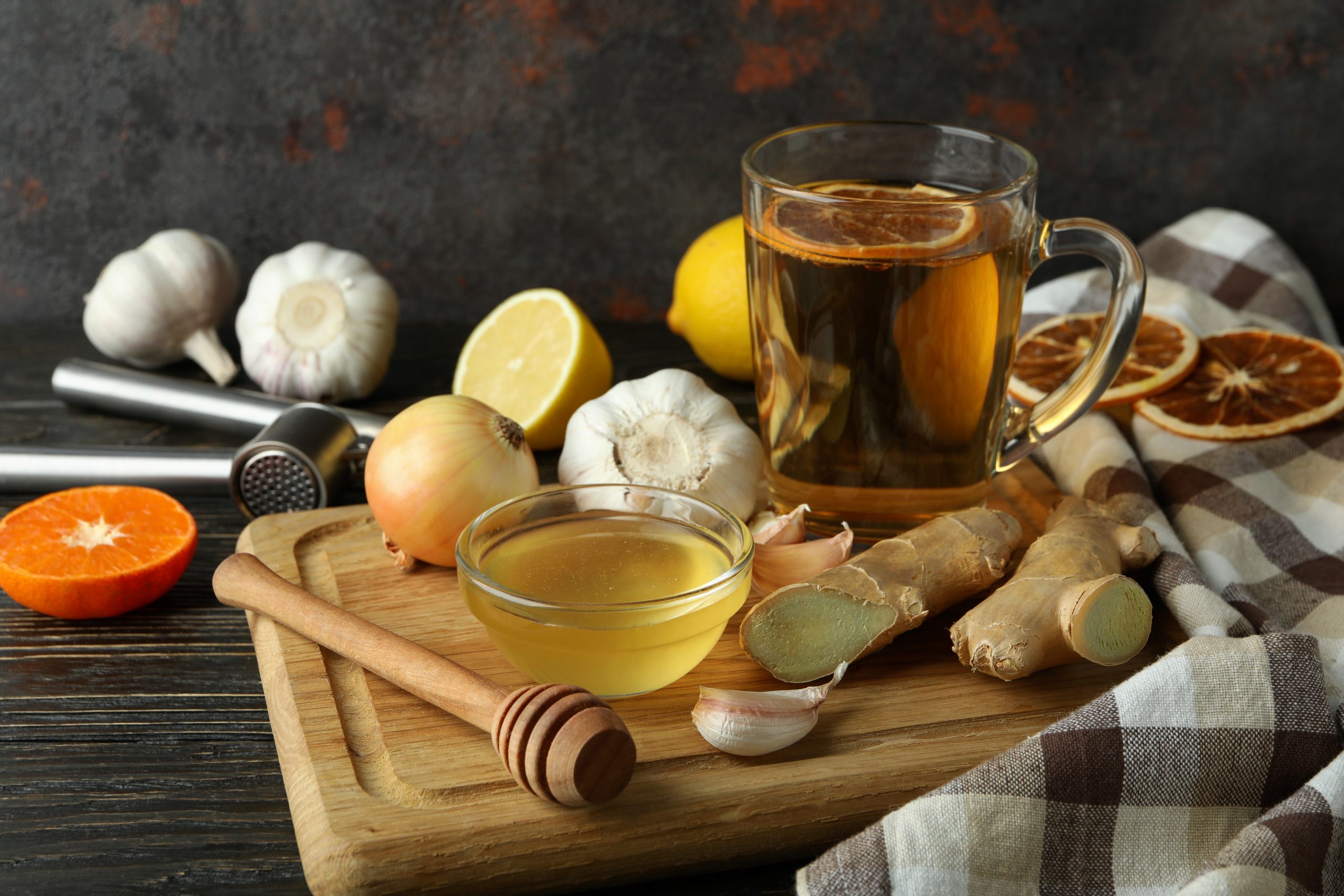5 Delicious Benefits of Eating Dark Chocolate This Halloween!
With Halloween looming on the horizon, you might be trying to find alternatives to high sugar sweets and chocolate treats, either for handing out to trick or treaters, or to indulge in yourself. With more and more of us being conscious of our health and weight, could dark chocolate give us the fix that we often crave without rotting our teeth and making us pile on the pounds?
Dark chocolate and its delicious health benefits
Studies are increasingly showing that dark chocolate and its main ingredient, cocoa, can reduce the risk of heart disease, thanks to the flavanols contained within it. Flavanols have anti-oxidant effects that can decrease cell damage linked to heart disease, and are also proven to help lower blood pressure and improve heart function.
Dark chocolate should contain at least 65% cocoa, and its wise to limit yourself to around 85 grams a day. Here are 5 other benefits of eating dark chocolate, just in time for Halloween:
- It can help your brain function better
Increasing blood flow to the brain and heart, dark chocolate can improve cognitive function and reduce the risk of a stroke. Containing several chemical compounds that have been proven to have a positive effect on your mood and cognitive health, dark chocolate also contains phenylethylamine, or PEA, which is the very same chemical created by your brain when you fall in love.
- It can help control blood sugar levels
By keeping your blood vessels and circulation healthy, dark chocolate can protect you against Type 2 diabetes. The flavonoids found in dark chocolate can also help to reduce insulin resistance by aiding cells in their normal function, and enabling you to regain the ability to use the insulin your body produces, efficiently.
With a low glycaemic index, dark chocolate won’t cause a big spike in blood sugar levels, either.
- It is chock full of antioxidants
Helping to free your body of free radicals that cause oxidative damage to cells, dark chocolate is full of antioxidants. Often responsible for several aspects of the aging process and with possible cancer-causing qualities, free radicals are not good news for the body, but by consuming antioxidant rich foods such as dark chocolate, you can protect yourself from cancer and slow down the onset of aging.
- It contains Theobromine
Proven to harden tooth enamel, Theobromine is found in dark chocolate, and when consumed, is far more likely to help prevent cavities than it is to cause them. Also a mild stimulant, Theobromine can help to suppress a cough.
- It’s high in vitamins and minerals
With a number of vitamins and minerals contained within its deliciously dark exterior, dark chocolate can help support your health in a number of ways. Here are just some of the vitamins and minerals that can be found in high concentrations in dark chocolate:
- Potassium
- Copper
- Magnesium
- Iron
Both copper and potassium can help prevent strokes and cardiovascular ailments, while iron protects against iron deficiency anaemia, and magnesium helps prevent type 2 diabetes, high blood pressure and heart disease.
Feeling like a delicious, healthy treat this Halloween? Now that you know the many health benefits of consuming regulated amounts of dark chocolate, it’s time to grab yourself a bar and take yourself to a guilt-free chocolate heaven!




